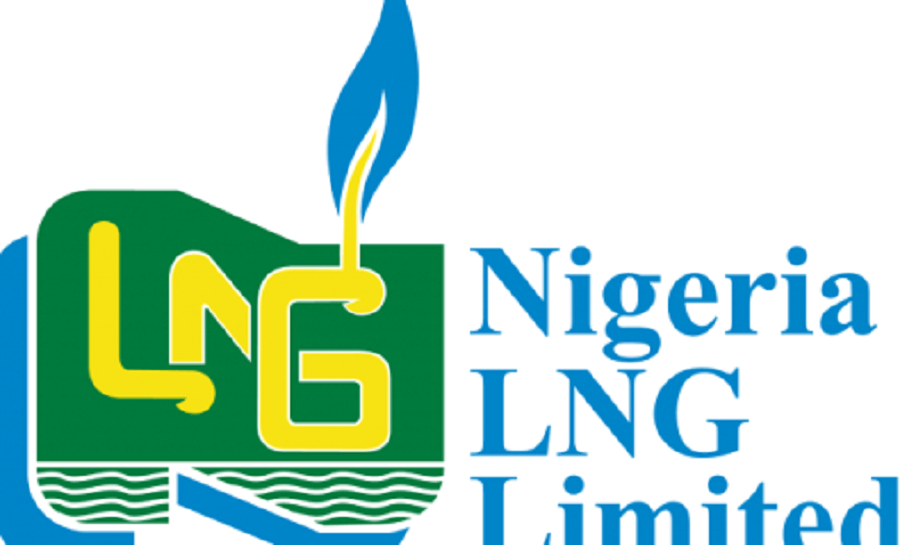- We’ve Paid $15bn Dividends, $6.5bn Taxes to FG – NLNG
The Nigerian Liquefied Natural Gas Limited said on Wednesday that it had so far paid to the Federal Government dividends in excess of $15bn.
The Managing Director, NLNG, Mr Tony Attah, who gave the figure in Abuja, also said the company had paid $6.5bn in taxes since 2009.
Attah was testifying before the House of Representatives Committee on Gas Resources and Allied Matters chaired by a member from Bayelsa State, Mr Frederick Agbedi.
The committee is investigating the alleged plans by the government to sell its share holdings in the NLNG.
It is also conducting a public hearing on two other resolutions of the House to “investigate the Contract for the EGP 3B Production Platform, following the Joint Venture Agreement with the NNPC/Chevron” and “investigate the Contract for the Upgrade of OML 58, the Execution of Obite/Ubeta/Rumuji Pipeline/Northern Region Pipeline Projects.”
Attah told the committee that the company had been fulfilling its obligations to the stakeholders, especially the government as well as reducing gas flaring in Nigeria. The MD thus dismissed the allegation of the planned sale of the company.
He spoke further, “Despite our contribution to the country, a lot of it is monetary; more than $100bn revenue and about $15bn dividend to the government directly and since we became tax-paying company in 2009, we have contributed more than $6.5bn in taxes, helping to build a better Nigeria but essentially, we do more than financial contribution.
“As a result of Nigeria LNG being in existence, we have helped reduce gas flaring by more than 65 per cent and will continue to work with our upstream suppliers to mop up more because we produce the opportunity as the biggest gas sink for whatever gas is provided in the country.
“We have the capacity to receive that gas but I think by far the biggest opportunity is in Nigeria’s brand and reputation. Before the NLNG, Nigeria was actually number two on the undesired league of gas flaring nations in the world. But today, we are number seven ahead of other countries like the United States. I mean, the United States is flaring more than Nigeria.”
Recall that on Tuesday, the Minister of State, Petroleum Resources, Dr Ibe Kachikwu, made a submission to the committee, denying knowledge of the alleged plans by the government to sell the NLNG.
The minister was represented by the Director, Gas Resources, Mrs Esther Ifejika.
The Nigerian National Petroleum Corporation’s Group Managing Director, Mr Maikanti Baru, made a similar denial. He was represented by the NNPC’s Chief Operating Officer, Upstream, Mr Bello Rabiu.
Recall that last May, the House, through a resolution, ordered an investigation into the allegation, following a motion indicating that the aim of the sale was to generate money to inject into the country’s economy.
A motion moved by a member, Mr Randolph Oruene-Brown, drew lawmakers’ attention to the report of the 2016 Ministerial Retreat, where the government proposed to generate between $10bn and $15bn to inject into the country’s economy.
Oruene-Brown had said that to achieve the objective, the government had announced that it would put up key assets for sale, including its holding in the NLNG.
The House later gave the Agbedi-led gas committee the mandate to probe the planned sale, but one after another, the stakeholders claimed not to be aware of the plans as they appeared before the committee on Tuesday and Wednesday.
Attah stated, “We have been invited on the purported sale of Nigerian Liquefied Natural Gas. We actually came in to express our views, that first of all, we are not aware of any intention or intent to sell Nigeria LNG or sell out its shares based on confirmation from our shareholders.
“We have gone to our four shareholders, NNPC, Total, Shell and Eni; they all confirmed that they were not interested to sell their shares. For us, it came as a surprise.”
Speaking further, Attah gave the distribution of the shareholding, saying that the government owned 49 per cent through the NNPC; Shell Gasa BV, 25.6 per cent stake; Total, 15 per cent; and ENI International, 10.4 per cent.
Contrary to the alleged planned sale, Attah informed of the company’s $6bn capacity development project for the Train 7, with the potential to provide 12,000 new jobs to Nigerians.

 Naira4 weeks ago
Naira4 weeks ago
 News3 weeks ago
News3 weeks ago
 Education4 weeks ago
Education4 weeks ago
 Social Media4 weeks ago
Social Media4 weeks ago
 Economy4 weeks ago
Economy4 weeks ago
 Investment4 weeks ago
Investment4 weeks ago
 Dividends4 weeks ago
Dividends4 weeks ago
 Business3 weeks ago
Business3 weeks ago





























